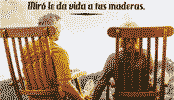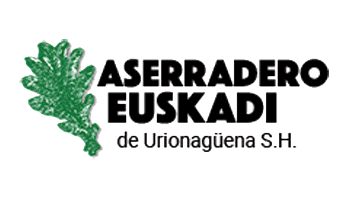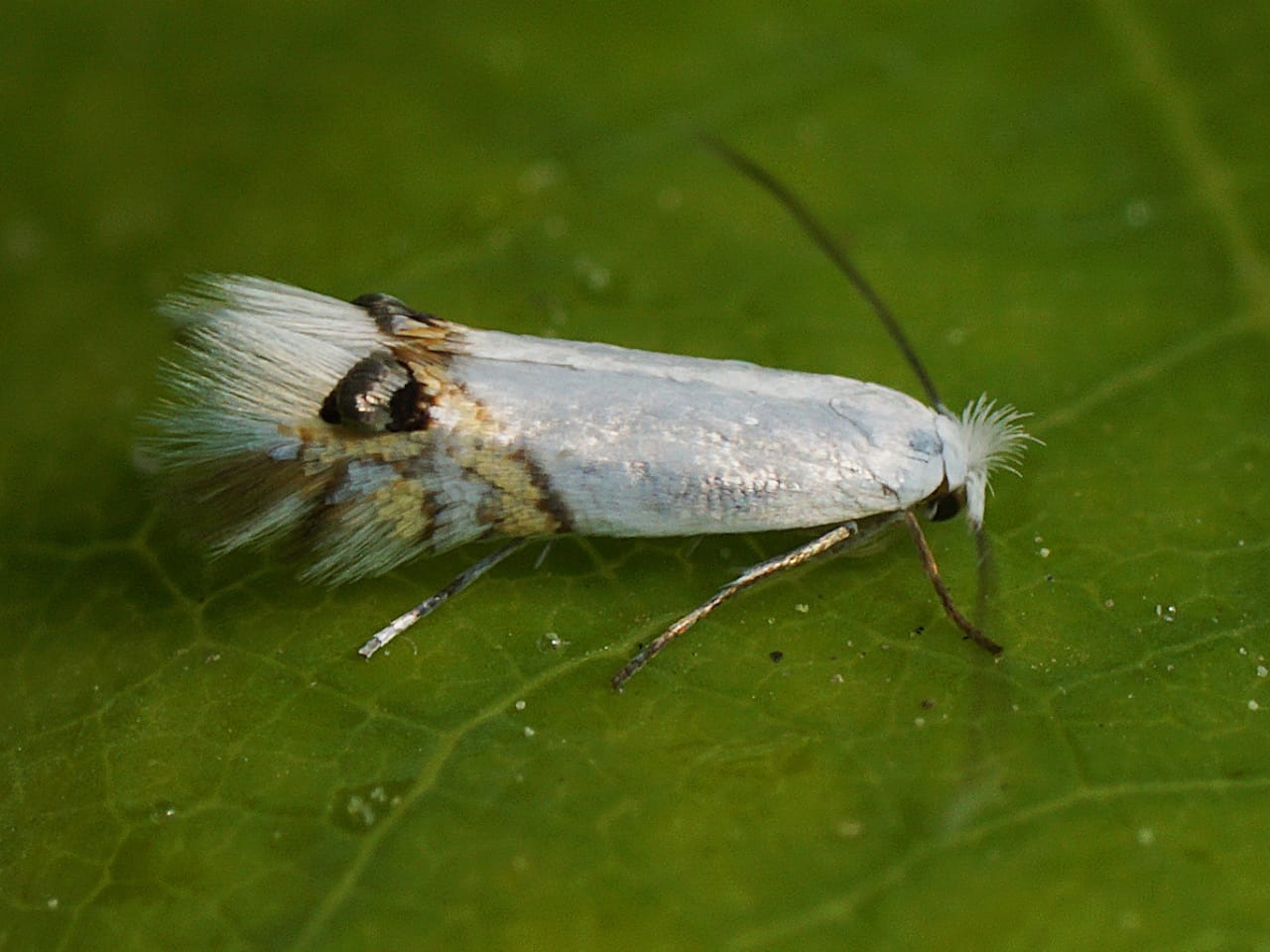
Alert for a new forest pest
Affects poplar and fruit plantations in Patagonia
It is the poplar moth (Leucoptera sinuella), an insect that could affect the production of fruit trees that are close to salicaceae curtains. INTA together with two universities in Chile, Senasa, Conicet and private sector leaders work on the identification, monitoring and management of field management tools. Its early detection is essential to prevent its spread.
The poplar moth (Leucoptera sinuella) is a leaf-mining pest, which was detected for the first time in Chile, in 2015, on curtains of salicaceae -poplars, willows-.
Its detection in Patagonia took place at the beginning of 2023, during an insect monitoring campaign carried out in northern Neuquén by entomologists Federico D'Hervé and Anabel Olave from Senasa and the National University of Comahue respectively, who reported the species to the National Surveillance and Monitoring System (Sinavimo).
Although it is a pest of foresters, in the last generations when the larvae complete their development they can affect the fruit trees surrounding the poplar curtains, which can cause rejections during fresh fruit exports.
For this reason, the Plant Health Area of INTA Alto Valle –Río Negro– together with the Pontificia Universidad Católica de Valparaíso and the Universidad de Talca –Chile–, Senasa, Conicet and private sector references work on the identification, monitoring and management of management tools in the field.
To identify the poplar moth, Silvina Garrido, INTA Alto Valle specialist, described: “Adults are small white moths whose first pair of wings has a black spot and three orange stripes. Its larvae mine the interior of the mesophyll of the leaves and their pupae are covered by a silky white cocoon with a very characteristic “H” shape.

IT MAY INTEREST YOU
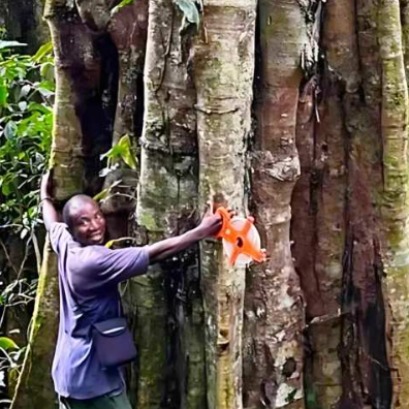 Botanists discover giant trees up to 3,��� years old in Tanzania, unknown until now by science
Botanists discover giant trees up to 3,��� years old in Tanzania, unknown until now by science
Scientists have identified a new species of giant tree, Tessmannia princeps, in the Udzungwa Mountains. This species had never before been recorded by science.
 The second largest wetland in South America is located in Argentina: what is it?
The second largest wetland in South America is located in Argentina: what is it?
Argentina has national parks that place it in a unique position within South America, competing with 300 others. Which is the largest? South America is home to more than 300 national parks, but many go unnoticed. There are extensive wetlands that have been the subject of major ecological restoration projects, to coastal mountains with deep indigenous heritage. Today we tell you the case of one located in Argentina.
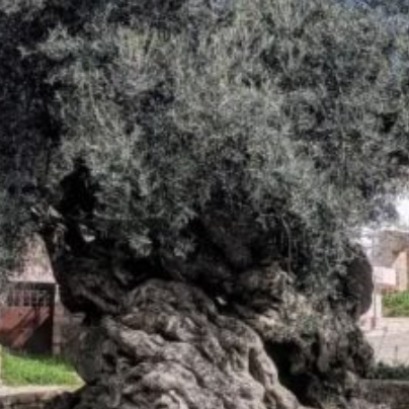 Experts cant believe it, but this tree is the oldest in the world and continues to bear fruit: it is 4,000 years old.
Experts cant believe it, but this tree is the oldest in the world and continues to bear fruit: it is 4,000 years old.
Nature keeps secrets that defy the passage of time, and one of the most surprising examples is a tree that, approximately 4,000 years old, continues to bear fruit today. This specimen has become a symbol of resistance and longevity, capable of surviving climate changes, landscape transformations and human activity itself.







